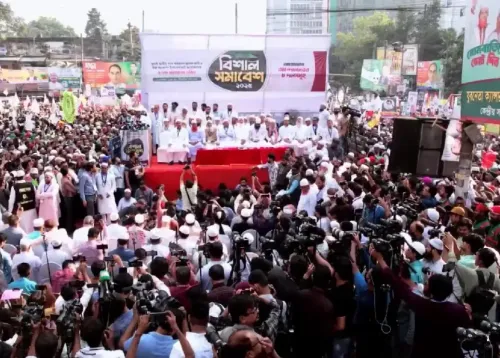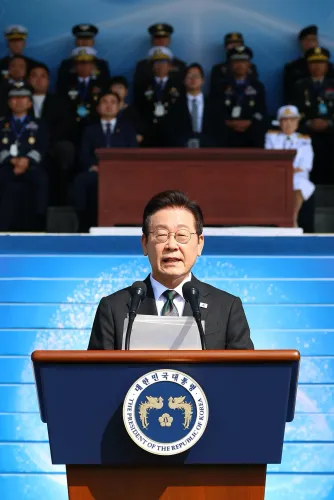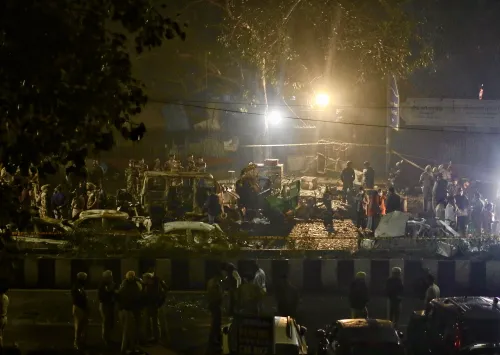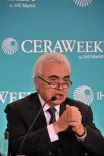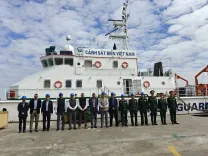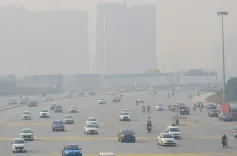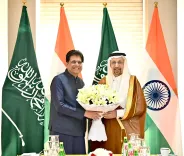Will Ukraine's 'massive strike' on Russian air assets overshadow Istanbul negotiations?
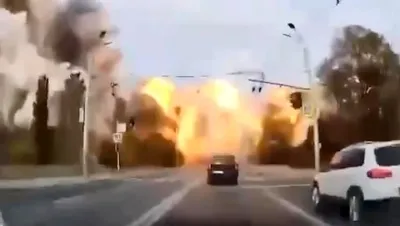
Synopsis
Key Takeaways
- Ukraine's strategic strikes on Russian air assets indicate a bold military approach.
- The timing of these strikes raises questions about the upcoming peace talks.
- There is speculation on how Russia will respond diplomatically and militarily.
- This situation highlights the ongoing volatility in the region.
- Both nations must navigate this crisis with caution to avoid further conflict.
Kyiv/Moscow, June 1 (NationPress) Just one day prior to the scheduled meeting between Russian and Ukrainian representatives in Istanbul for the second round of peace discussions, Ukraine announced on Sunday a significant offensive targeting Russian strategic aviation assets located in Siberia, Murmansk, and various other locations.
Earlier on Sunday, Ukraine's President Volodymyr Zelensky stated that a delegation would travel to Turkey with the primary objective of achieving a complete and unconditional ceasefire. Meanwhile, Russian media reported that the Russian delegation has also set off for the Istanbul talks. The implications of this sudden escalation on the negotiation process remain uncertain.
The attacks on the airfields coincided with two bridge collapses that resulted in train derailments in the Russian regions of Bryansk and Kursk, leading to at least seven fatalities and numerous injuries.
The Russian Investigative Committee labeled these events as deliberate sabotage, attributing the blame to Ukraine.
These incidents occurred mere hours before the scheduled talks, and Russian officials have yet to respond to the airfield strikes, which the Ukrainian secret service, SBU, has publicly celebrated.
Ukrainian military analysts and journalists have praised the destruction of Russian aircraft, but the Russian military has remained silent thus far. Authorities in Irkutsk and Murmansk confirmed the occurrence of drone attacks but provided scant details.
These latest strikes are part of a notable increase in Ukrainian drone operations targeting Russia in recent weeks, occurring alongside ongoing diplomatic efforts to resolve the conflict and Russian retaliatory strikes aimed at Ukraine's defense industry and other military installations.
The BBC reported that SBU sources indicated the planning of the airfield attacks took more than a year and was directly overseen by Zelensky, potentially prompting Russia to adopt a more rigid stance.
Russian Foreign Minister Sergey Lavrov has suggested that the escalation in Ukrainian attacks aims to disrupt the peace dialogue. As Ukraine intensifies its focus on targeting Russia's strategic aircraft fleet, a crucial element of its nuclear triad, Moscow is unlikely to remain passive.
In addition to potential military reprisals, Russia's diplomatic response is yet to be determined.


